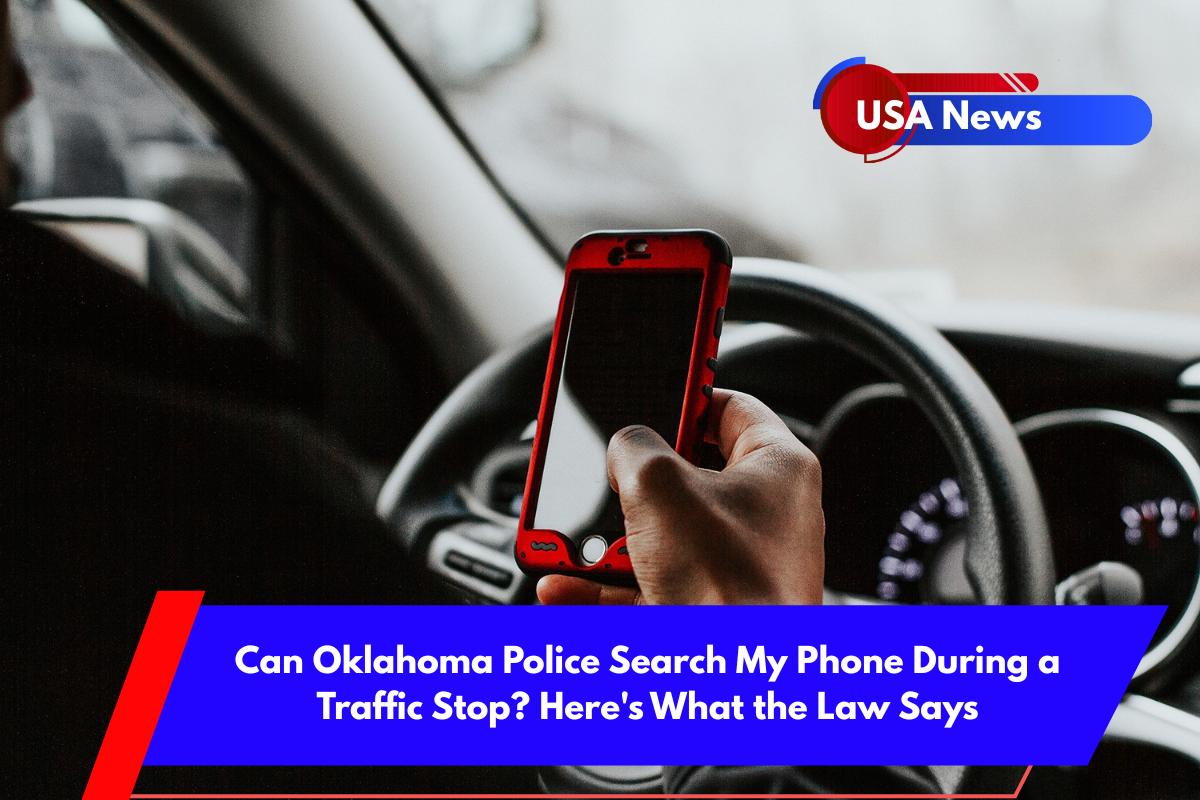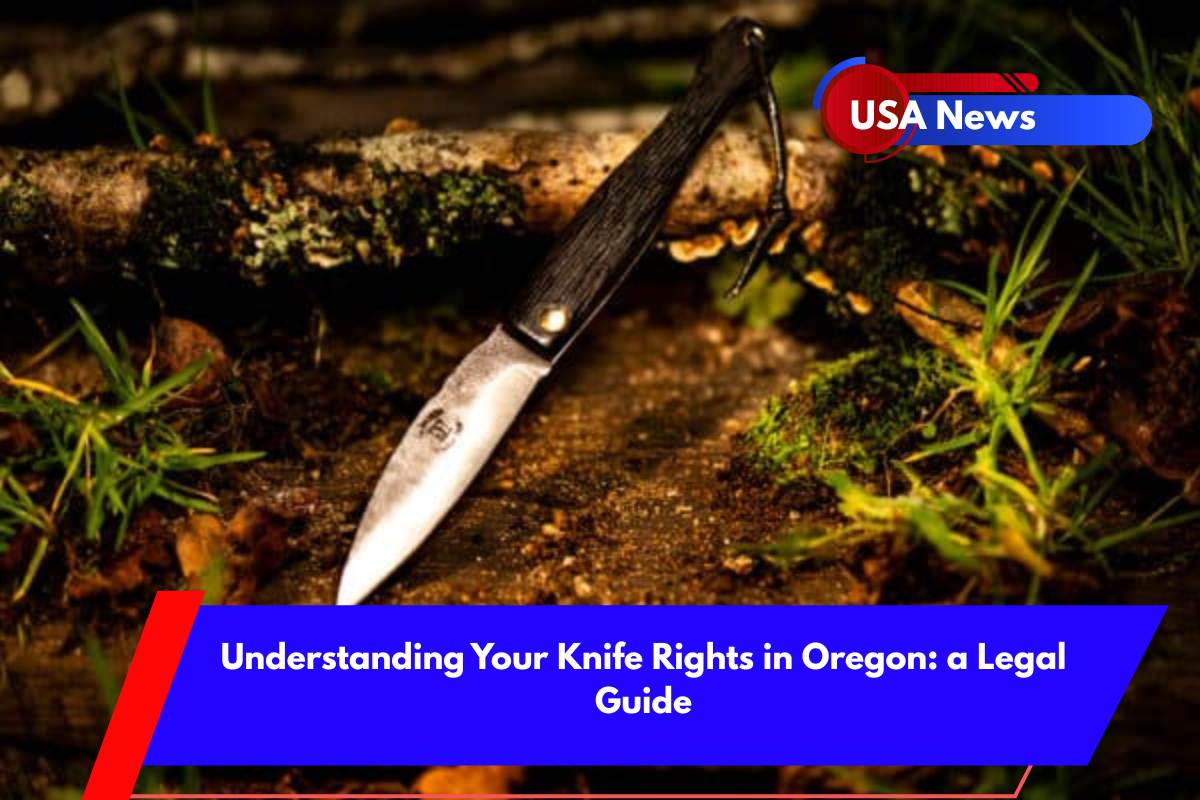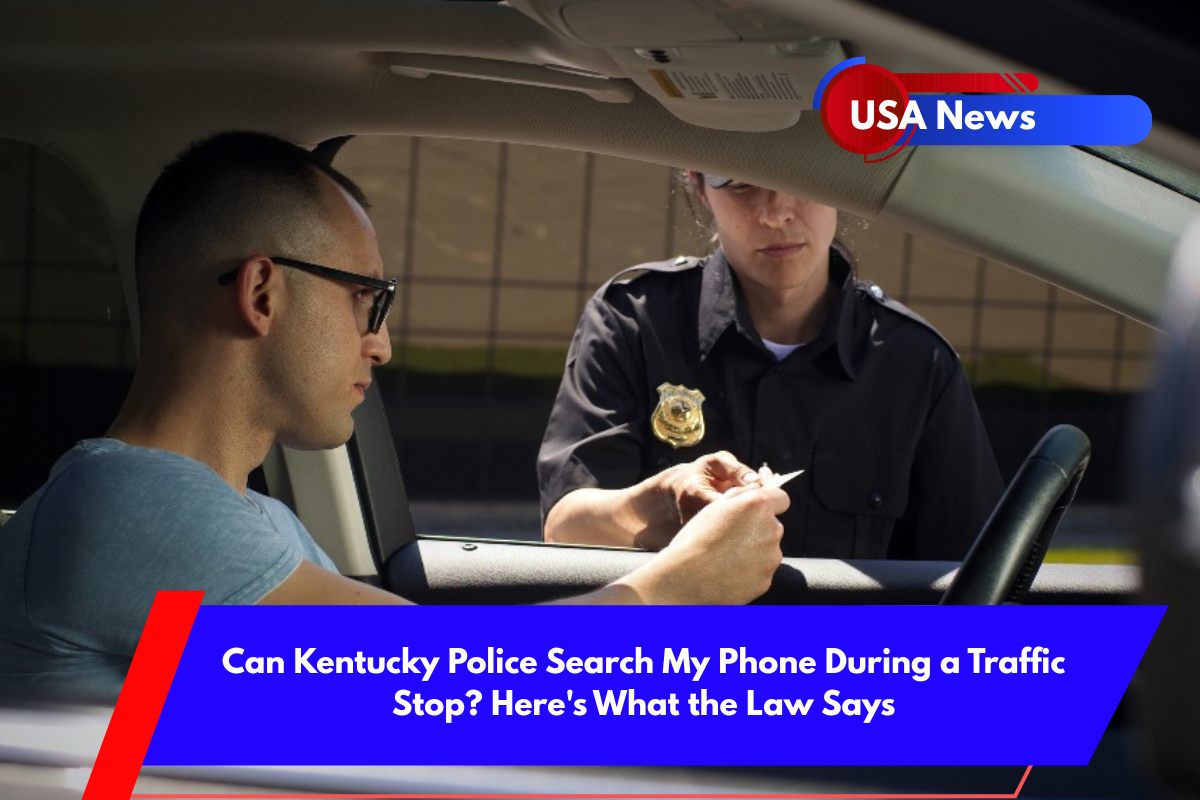When it comes to your phone and privacy during a traffic stop in Oklahoma, it’s important to know your rights. While the police may seize your phone, they generally cannot search it without your consent or a valid search warrant. This rule is based on protections of digital privacy, as supported by U.S. Supreme Court decisions.
Key Legal Principles
Warrant Requirement
In Oklahoma, as with most states, the police cannot search your phone during a traffic stop unless they have a valid search warrant. This is rooted in constitutional protections regarding your digital privacy. The U.S. Supreme Court has upheld the idea that digital information on your phone is highly private and requires a warrant for police to search it, except in certain circumstances.
Consent Exception
The key exception to the warrant requirement is consent. If you voluntarily allow the police to search your phone, or if you provide your passcode, they are allowed to access and search your phone without a warrant. However, it is your choice whether to grant that consent, and you can politely refuse.
Seizure vs. Search
While police can seize your phone during a traffic stop if they believe it contains evidence, they cannot search the phone’s contents unless you give them consent or they obtain a warrant. Seizure is different from searching, and the law requires specific legal steps before the search can take place.
Common Exceptions When Police Can Search Your Phone
1. You Give Consent
If you give police permission to search your phone, the search is considered lawful. This includes providing your passcode or unlocking the phone for them.
2. Warrant is Issued by a Judge
If the police obtain a valid search warrant signed by a judge, they may search your phone. Without a warrant, the search is generally prohibited.
3. Illegal Content in Plain View
If police see illegal content on your phone in “plain view” (such as explicit images or text messages on the screen), they may seize the phone. However, they still need a warrant to search the phone’s contents further unless you consent.
4. Exigent Circumstances/Emergency
In very specific and rare cases, such as when there is an immediate risk that evidence may be destroyed (e.g., a phone being remotely wiped), the police might be able to search your phone without a warrant. These situations are tightly defined and not commonly used.
The “Automobile Exception” Does Not Apply to Phones
While police can sometimes search a vehicle without a warrant under the “automobile exception”, this exception does not apply to the contents of your phone. The digital data on your phone is considered separate and highly private. Even if your phone is found in a car, the police cannot search it without a warrant or your consent.
Practical Tips During a Traffic Stop
Politely Decline
If asked to unlock your phone or allow a search, you can politely refuse. Simply saying that you do not consent to a phone search is a way to protect your digital privacy.
Do Not Unlock
Never unlock your phone or provide your passcode to the police if you do not wish to have your phone searched. Your phone contains sensitive and private information that is protected under the law.
Request a Warrant
If the police insist on searching your phone, ask to see a valid search warrant. They cannot search your phone without one unless there is an exception, like your consent or an emergency situation.
Digital Privacy Trends in Oklahoma
Oklahoma is actively considering and enacting additional data privacy laws. While these laws may further protect your privacy in various ways, they do not change the fundamental rule that you have the right to refuse a phone search without a warrant during a police encounter.
Sources:
1. https://fordlawokc.com/do-police-need-a-warrant-to-search-your-cell-phone/
2.https://www.youtube.com/watch?v=xEbH4UEzCq4













